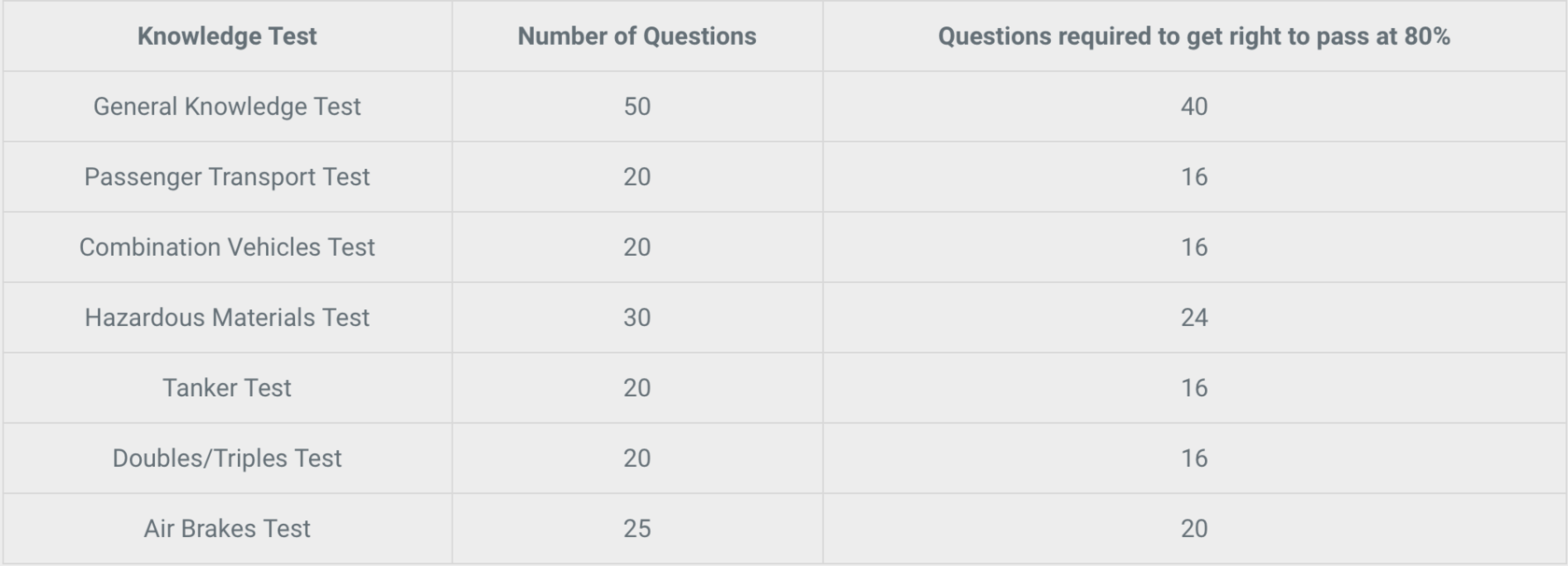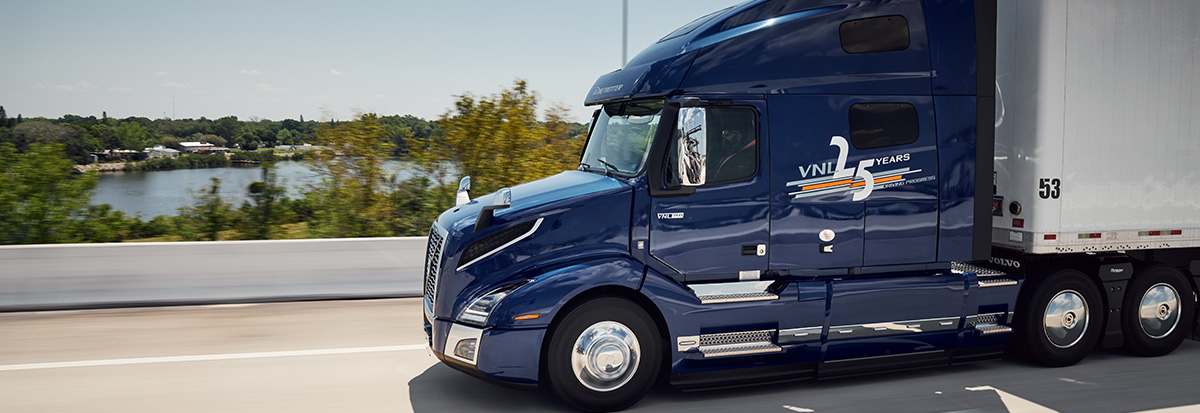CDL training is a specialized form of training for those who want to drive commercial trucks. A Commercial Driver’s License (CDL) is required by anyone who operates:
- A vehicle with a Gross Vehicle Weight Rating of more than 26,000 pounds.
- A combination vehicle – where towing a vehicle with a GVWR of more than 10,000 pounds or a combination GVWR of more than 26,000 pounds.
- A vehicle intended to transport 16 or more people.
- A vehicle that carries hazardous materials (hazmat) in any amount requiring a placard.
The commercial driver’s license training is a program which is intended to help students prepare to obtain their CDL license. In order to work as a commercial truck driver, one must obtain the appropriate license. To obtain your CDL, you will be required to pass a CDL test. The CDL test is made up of several tests, including a general knowledge test, several endorsement tests, and an air brakes test. The type of vehicle you intend to drive (i.e., Passenger Bus, Tanker, Double/Triple etc.) and the license classification (Class A, B, or C) will determine which endorsements and tests you are required to take. See the tables on the bottom of this page to determine which tests you are required to take.
Overview Of CDL General Knowledge Test
Passing a General Knowledge CDL exam is required for every CDL license. The beginning of the training course will be geared towards classroom learning; this will involve learning the rules of the road, what is required to be a driver, information about requirements in each state, and so forth. You must pass this to receive your permit. The General Knowledge exam will test you on the topics covered in the Washington State CDL manual, such as:
- Basic Control of Your Vehicle
- Vehicle Inspection
- Driving Safely
- Communicating
- Seeing
- Shifting Gears
- Seeing Hazards
- Managing Space
- Controlling Speed
- Driving in Very Hot Weather
- Driving in Winter
- Driving in Fog
- Driving at Night
- Aggressive Drivers/Road Rage
- Distracted Driving
- Driving Emergencies
- Mountain Driving
- Railroad-highway Crossings
- Crash Procedures
- Skid Control and Recovery
- Antilock Braking Systems (ABS)
- Cargo Transport
- Fires
- Staying Alert and Fit to Drive
- Alcohol, Other Drugs, and Driving
- Hazardous Materials Rules For All Commercial Drivers
Endorsement Tests
Depending on the type of Commercial Motor Vehicle (CMV) you intend to drive, you must take and pass various endorsement tests. The endorsement tests are described below.
Double and triple trailer endorsement – Assesses your knowledge about driving safely with double and triple trailers. Includes questions on how to couple and uncouple trailers and inspections.
Tank endorsement – You are required to have a tank endorsement if you plan on driving a CMW over 26,000 pounds that is used to transport liquid/gaseous materials. The materials do not have to be hazardous. This endorsement is only required if the vehicle is a Class A or B vehicle with a permanently mounted take greater than 119 gallons or a portable greater than 1,000 gallons.
Passenger endorsement – You will need to obtain a passenger endorsement if you plan on driving any vehicle designed to carry 16 or more persons, including the driver. If the vehicle is a school bus, you will need to obtain an additional school bus endorsement.
School bus endorsement – Although these regulations may vary from state to state, you are required to have a school bus endorsement if you plan on driving a vehicle that carries 16 or more people, including the driver that is marked with or displays the words “school bus.” A school bus is used to transport students to or from school or authorized school activities. If the school bus is not transporting students, then a school bus manufacturer, dealer or mechanic is not required to have the endorsement. Before receiving a school bus endorsement, you must qualify for a passenger endorsement.
Hazardous materials endorsement – Hazardous Materials (HAZMAT) include explosives, flammable and combustible liquids and any materials that the shipper deems as hazardous. You must obtain a HAZMAT endorsement to operate any size vehicle that requires a HAZMAT placard.
Air Brakes Test
Air brakes use compressed air for their operation. An air brakes system is comprised of three different braking systems: service brake, emergency brake and parking brake. When you receive your CDL, you will have an Air Brakes restriction until you take and pass the Air Brakes test. This means that you cannot operate any CMV with air brakes until you pass the test. The Air Brakes test will evaluate your knowledge of how to properly inspect, use and maintain your vehicle’s air brakes.
Which Tests Should I Study For
The following table summarizes which exams you should study based on the license you plan on obtaining.

Exam Summary
The CDL General Test consists of one or more endorsement tests and a test on air brakes. The test(s) you will be required to take will be determined by the specific license classification you wish to obtain (Class A, B, or C) as well as the type of vehicle you will be operating (passenger bus, tractor trailer, tanker, etc.).The following table summarizes the different exams.

The CDL requirements are based on national regulations, although each state may add additional restrictions. To obtain your CDL license you must take and pass a general knowledge exam, and various endorsement tests depending on the type of vehicle you plan on operating. Passing the written CDL General Knowledge is the first step towards obtaining a commercial driver’s license. You’ll need to prove your knowledge of commercial vehicles such as trucks and tractor trailers before the government will authorize you to drive one. In addition, you must pass a driving skills test by successfully performing a series of required maneuvers.
To ensure that you have learned all of the rules and laws that are necessary to get a CDL, you should take CDL practice general knowledge tests so that you will be prepared to take the state exam. This will help you find out what you know and what you need to brush up on before the real test.
